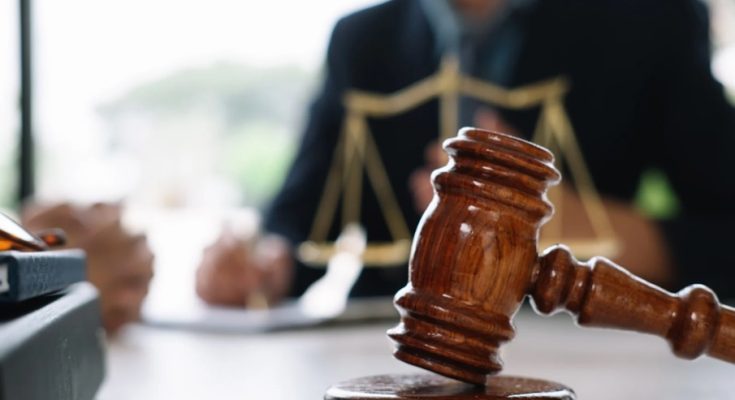Facing criminal charges is a daunting experience, and the initial consultation with a criminal defense attorney in Minneapolis is a vital first step. This meeting provides an opportunity to understand the legal process, evaluate potential outcomes, and assess whether this attorney is the right fit for your case. Being prepared and knowing what to expect can make this meeting productive and help set the foundation for a strong defense.
1. Preparation for the Consultation
To make the most of your consultation, it’s essential to gather relevant documents and information beforehand. Bring along:
- Any police reports, court documents, or official records related to the charges
- A detailed account of the incident, including dates, locations, and any witnesses present
- Documentation of any prior charges or criminal history, if applicable
- A list of questions or concerns you may have about your case
For guidance on how to ask meaningful questions during this meeting, consider reading what questions to ask your criminal defense lawyer after an arrest. Being prepared with thoughtful questions will ensure you get the answers you need and can help your attorney assess your case more effectively.
2. Discussing Case Details
Once the consultation begins, the attorney will want to discuss the specifics of your case. Expect to answer questions about:
- The circumstances of the incident in question
- Any interactions with witnesses or law enforcement
- Statements you may have given to police
- Whether you have a previous criminal record
Being open and honest is critical. Attorney-client privilege ensures that anything you share remains confidential, giving you the freedom to be transparent without worry. By providing accurate information, the attorney can offer a realistic assessment of the case and potential strategies.
3. Learning About Potential Defenses
After reviewing your case details, the attorney may discuss possible defense options. While the exact strategy may take time to formulate, they will outline general defense approaches, such as:
- Arguing a lack of intent or mistaken identity
- Challenging the legality of evidence collection
- Presenting an alibi or questioning witness statements
The attorney’s insights on possible defenses can help you understand how they would approach your case and what steps might be involved.
4. Understanding Potential Outcomes
A thorough discussion of potential outcomes is an essential part of the initial consultation. Based on your case, the attorney may explain various scenarios, such as:
- The possibility of getting charges dismissed
- Potential plea bargains for reduced charges
- Likely penalties if the case proceeds to trial and results in a conviction
Though no attorney can guarantee specific results, an experienced criminal defense attorney can discuss common outcomes and explain which factors may work in your favor. This realistic assessment can help you set expectations as your case moves forward.
5. Learning About Fees and Services
Understanding the attorney’s fee structure is essential before making any commitments. During the consultation, ask about:
- The fee arrangement, whether it’s a flat fee, hourly rate, or retainer-based
- What’s covered by the fee, including research, court appearances, or expert consultations
- Any potential additional costs, such as court or filing fees
Knowing the fees upfront allows you to evaluate whether the attorney’s services are within your budget and helps avoid financial surprises later.
6. Assessing the Attorney’s Compatibility
The initial consultation is also an opportunity to evaluate whether this attorney is a good fit for your needs. Consider:
- Their experience with similar cases and their familiarity with the local court system
- How well they communicate and listen to your concerns
- Whether they are empathetic and treat you with respect
This initial compatibility assessment is essential, as you’ll need a defense attorney you feel comfortable with throughout the legal process. High-stakes criminal cases require an attorney who listens carefully, communicates clearly, and has a proven record of dedication to their clients.
7. Establishing the Next Steps and Setting Expectations
If you choose to move forward with the attorney, they will outline the next steps in the process. This can include tasks like:
- Gathering further evidence and investigating additional witnesses
- Filing initial motions or requests for evidence suppression if applicable
- Preparing for upcoming court dates or hearings
During this time, the attorney may also offer advice on how to interact with law enforcement and handle communications with prosecutors. Setting clear expectations about the frequency of case updates and communication preferences will help you stay informed and reduce uncertainty as your case progresses.
Conclusion
The initial consultation with a criminal defense attorney is an invaluable opportunity to understand your case, evaluate defense options, and find legal representation that aligns with your needs. By being prepared and asking thoughtful questions, you can maximize the value of this consultation and feel more confident in your legal decisions moving forward.




